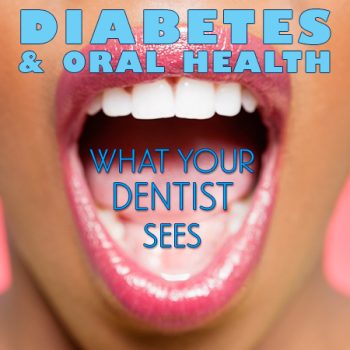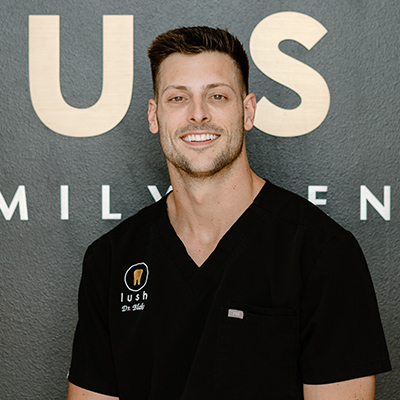Diabetes & Oral Health: What Your Dentist Sees
 It’s no secret that diabetes is a serious health condition that affects the entire body, including your mouth. According to the American Diabetes Association, nearly 26 million children and adults in the U.S. live with diabetes. Waukee dentists at Lush Family Dental want to share how diabetes can impact your oral health and why proper dental care is crucial.
It’s no secret that diabetes is a serious health condition that affects the entire body, including your mouth. According to the American Diabetes Association, nearly 26 million children and adults in the U.S. live with diabetes. Waukee dentists at Lush Family Dental want to share how diabetes can impact your oral health and why proper dental care is crucial.
When blood glucose levels run high, the excess sugar creates an environment where bacteria thrive. This can lead to significant problems for your teeth and gums. Many people with diabetes also experience chronic inflammation, infections, or other special oral care needs.
Oral Health Problems Linked to Diabetes
Diabetes increases the risk of several dental conditions, including:
- Tooth decay
- Gum disease
- Salivary gland dysfunction
- Oral infections
- Delayed healing after dental procedures
Because of these risks, it’s important to tell your dentist if you have diabetes so they can provide the best possible care.
Daily Care Tips for Diabetics
Like everyone, people with diabetes should practice consistent brushing and flossing. In addition, they should:
- Watch for signs or symptoms of oral disease and report them promptly to their dentist
- Visit Lush Family Dental regularly and remind the team about their diabetes at each appointment
- Maintain blood glucose at healthy levels whenever possible
Dental Symptoms to Watch For
If you have diabetes, be especially mindful of these oral health warning signs:
- Gums that bleed easily
- Tender or swollen gums
- Pus between the teeth when the gums are pressed
- Persistent bad breath or unusual taste in the mouth
- Dry mouth
- A bite that feels different
- Oral candidiasis (thrush)
- Slow or poor healing
If you have concerns about diabetes and your oral health, contact Lush Family Dental today to schedule an appointment. You can also visit the American Diabetes Association FAQ for more information. We are here to help you keep your smile healthy.
The content of this blog is not intended to be a substitute for professional medical advice, diagnosis, or treatment. Always seek the advice of qualified health providers with any questions you may have regarding medical conditions.




